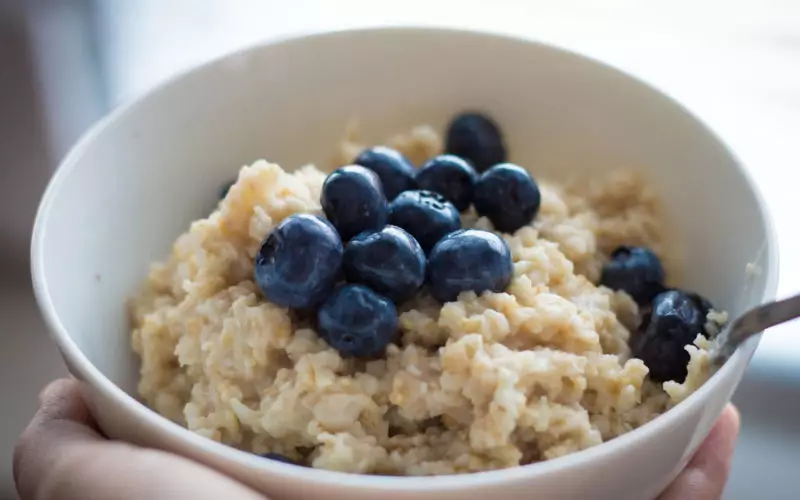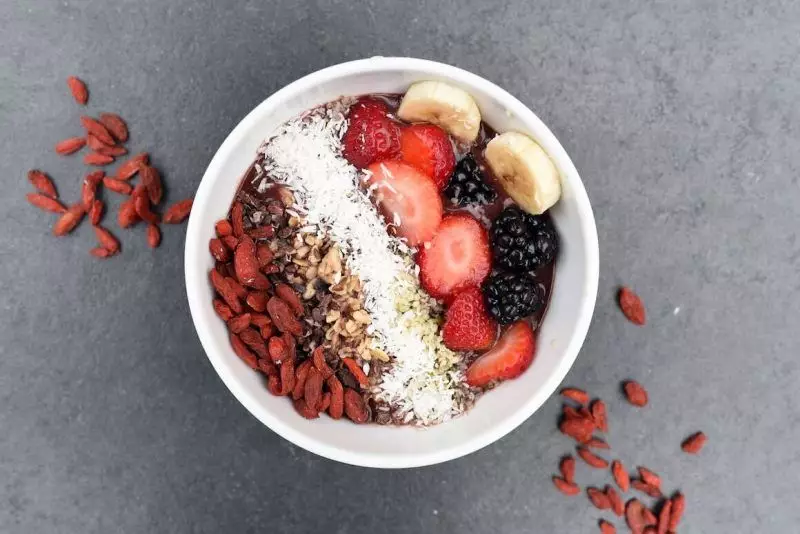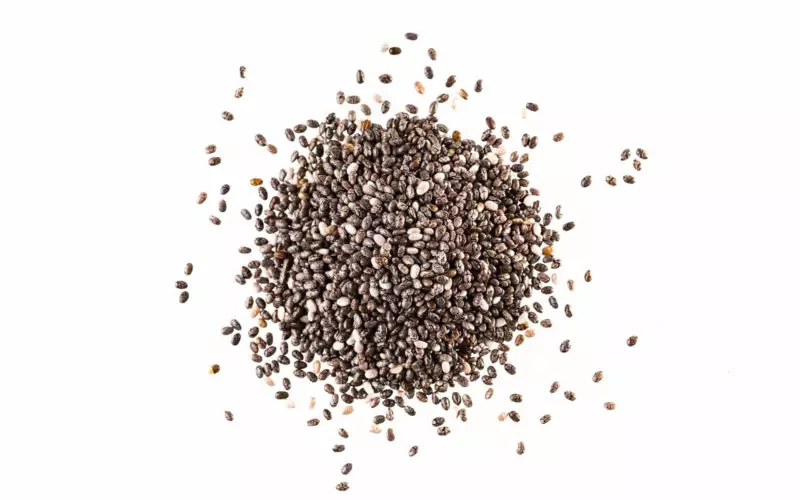
Peanut butter is a very versatile food. It is suitable for preparation of different sauces and dressings, peanut butter and jelly sandwiches, peanut butter cookies, and various healthy snacks.
Even though peanut butter is typical for countries like China, India, and the US, it can be included in the Mediterranean diet.
This article looks into the typical Mediterranean diet foods, the nutritional value of peanut butter, how to include it in your Mediterranean-style dishes, and how to choose the best peanut butter.
Let’s dive in!
Mediterranean diet food list
The Mediterranean diet is a type of plant-based diet. It is similar to flexitarian and pescatarian diets because it includes mainly plant foods, fish, healthy fats and limits the intake of red meat and animal products. Here is a list of Mediterranean diet foods [1]:
- All fruits
- All vegetables
- Whole grains and whole-grain products
- Legumes
- Nuts and seeds
- Herbs and spices
- Olive oil and other vegetable oils
- Fish and seafood (at least twice weekly)
- Poultry and eggs (small portions a few times weekly; white poultry meat is preferred)
- Low-fat dairy foods (small portions a few times a week)
- Lean meat (limited to a few times per month)
If you stick to the Mediterranean diet, it’s important to limit your saturated fats intake and substitute them with healthy oils and foods with naturally occurring unsaturated fats.

Peanut butter nutrition
Natural peanut butter is made from 100% peanuts. Therefore, it has similar nutritional value to peanuts, with high micronutrient content.
Both peanuts and peanut butter contain plant proteins, healthy fats, and the following vitamins and minerals [2] :
- Phosphorous
- Potassium
- Zinc
- Selenium
- Vitamin B6
- Folate
- Copper
- Manganese
- Vitamin E
Other important dietary compounds that occur naturally in peanut butter (and peanuts) are monounsaturated and polyunsaturated fatty acids, fiber, and various bioactive components.
Can you eat peanut butter on the Mediterranean diet?
You can eat peanut butter if you adhere to the Mediterranean diet, as this food is typically made from whole peanuts. And peanuts (and other nuts) are encouraged for consumption on the Mediterranean diet.
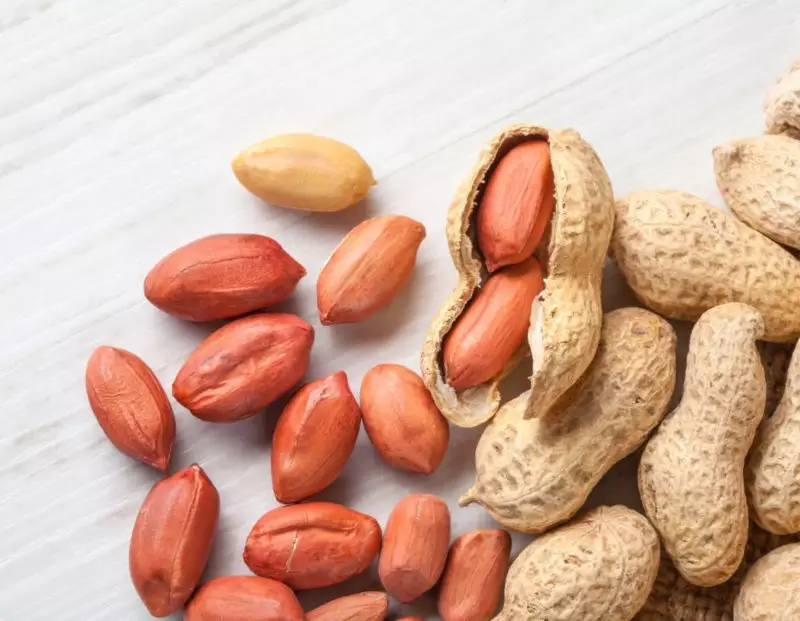
There are some faulty claims that peanut butter doesn’t fit into the Mediterranean diet because it has some saturated fat (and this diet aims to limit the intake of those fats.)
The recommended daily intake of saturated fats is up to 20 grams for women and 30 grams for men. [4] Realistically, 1 serving of peanut butter (2 tablespoons) has about 3.3 grams of saturated fat and 12.3 grams of unsaturated (healthy) fat. [5]
Is eating peanut butter on Mediterranean diet healthy?
The high degree of long-term adherence to the Mediterranean diet is associated with various health benefits, including blood pressure and cholesterol balance, lower risk of diabetes, obesity, heart disease, and mental disorders like depression and cognitive decline.
Nut consumption (which is encouraged in the Mediterranean diet) has also been found to lower the mortality risk of different health conditions [6] :
- Cancer
- Cardiovascular disease
- Respiratory diseases
- Kidney disease
- Liver disease
*The used source does not indicate that peanut butter is associated with these health benefits.
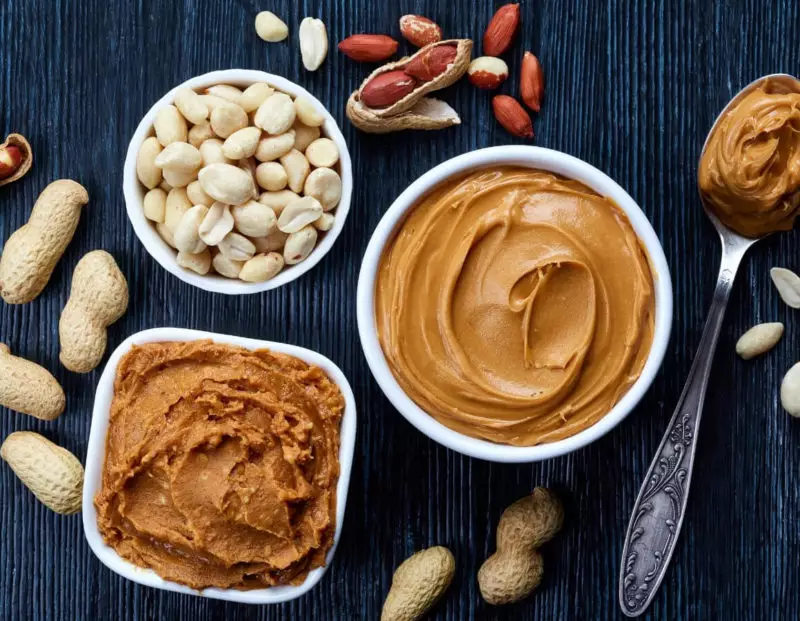
Harvard Health Publishing notes that the healthy fats naturally found in peanuts may help lower bad LDL cholesterol and supply high-quality protein and fiber. [7] Furthermore, a 2016 paper suggests that peanuts are a good source of various bioactive compounds, including [8] :
- Arginine
- Resveratrol
- Phytosterols
- Phenolic acids and flavonoids
Consumption of peanuts and peanut oil is also linked to some health benefits [8] :
- Reduced risk of cardiovascular disease
- Cholesterol balance
- Decrease in LDL oxidation
- Reduced risk of colorectal cancer
- Antioxidant effect (when eating peanuts with skins)
- Blood pressure reduction
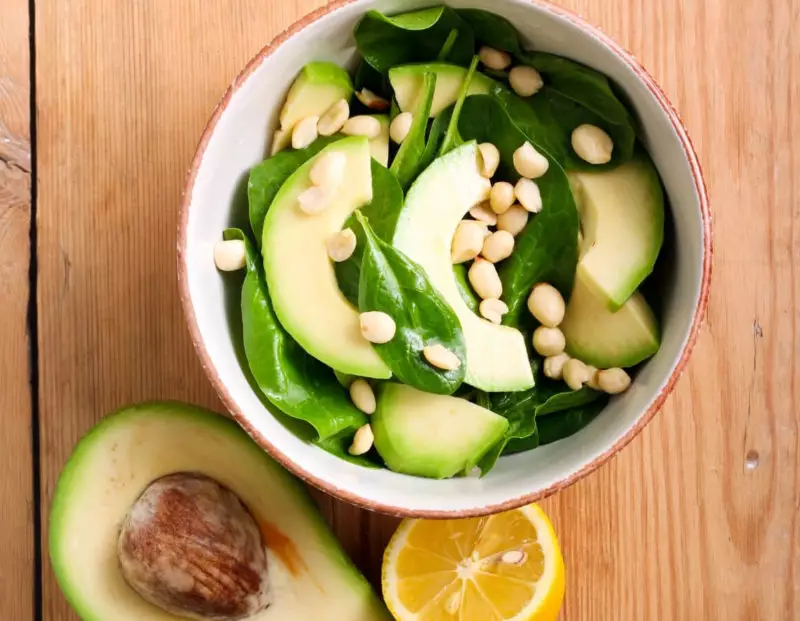
Peanut butter downsides
To begin with, eating peanut butter if you are allergic to peanuts can be dangerous. Allergic reactions can have severe symptoms like itchy eyes and tongue, runny nose, hives, dizziness, difficulty breathing and swallowing, diarrhea, swelling, and others. [9]
A 2019 study found no link between peanut butter consumption and reduced mortality risk. This indicates that more studies are needed to derive conclusive evidence on the topic. [6]
What peanut butter to eat on Mediterranean diet?
There are tons of different peanut butter brands: sometimes it can be difficult choosing the right one for you. Besides, not all types of peanut butter are associated with the health benefits we mentioned earlier.
Here are 3 tips on how to choose peanut butter for your Mediterranean diet menu:
-
Look at the ingredients list: the fewer ingredients, the better. 100% peanuts is the best option.
-
Avoid buying peanut butter that has added sugar and oils (often hydrogenated fats are added)
-
Choose smooth or crunchy peanut butter according to your linking: there is likely no difference in the nutritional value

